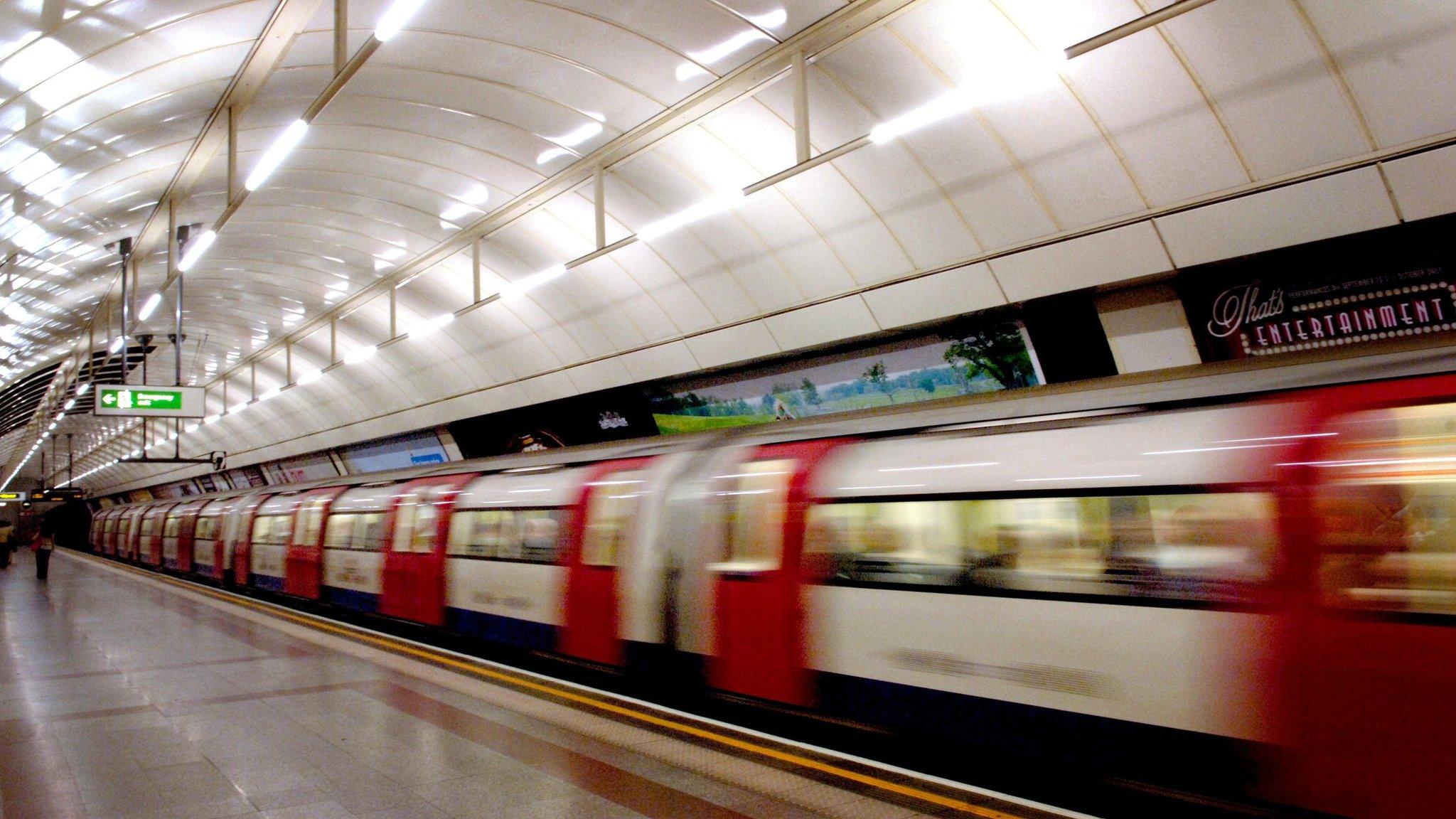Fare dodging costs London £100m a year
- Published
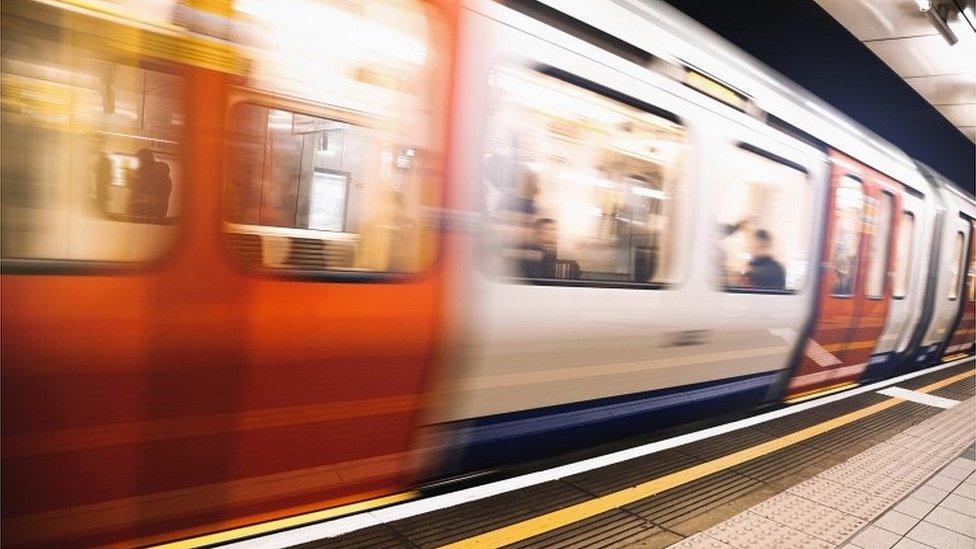
The amount lost to fare evasion is nearly £15m higher than previous estimates
People who dodge paying fares when travelling on London transport are costing the system £100m a year, Transport for London (TfL) has said.
The amount lost to fare evasion across the network is nearly £15m higher than previous estimates.
London TravelWatch, TfL's official watchdog, has called for more revenue protection staff and investment in security improvements.
TfL said there was a 15% rise in prosecutions last year.
This is the first time the estimate of lost revenue has reached £100m. The last estimate in 2016 put the annual loss at £86m.
Fares go unpaid in a range of ways on London's transport network, from failing to touch in and out with an Oyster card to the use of counterfeit tickets.
Some 450 revenue inspectors are employed across the network to try to stop fare dodging.
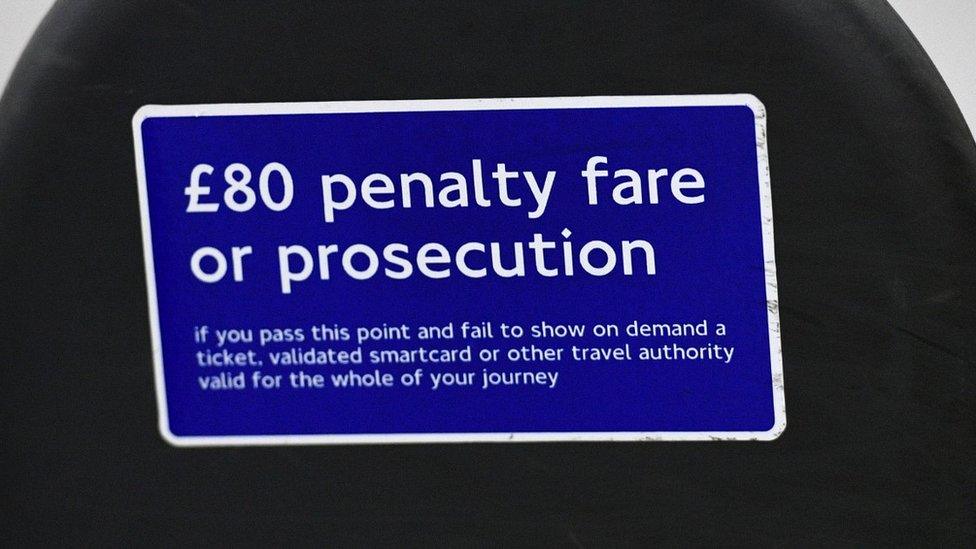
Some 450 revenue inspectors are employed across TfL's network
Tim Bellenger, director of policy at London TravelWatch, said the figure showed there should be more revenue protection staff, along with "more investment in things like ticket line gates on the rail network".
He also suggested other initiatives should be introduced such as "a confidential reporting line for abused concessionary tickets".
However, TfL said the increase reflected improvements in how the number was calculated, rather than an increase in fare evasion.
You may also be interested in:
Siwan Hayward, director of compliance and policing, said transport bosses were "significantly investing in technology... to improve our targeting of fare evasion".
With TfL facing a deficit of about £700m in the next financial year, Ms Hayward said it was "now even more imperative that we go after those people who deliberately avoid paying their fares".
"Through continued partnership working with the police and intelligence gathering, we will push for the toughest penalties for anyone caught fare evading on our services," she said.
- Published4 December 2018
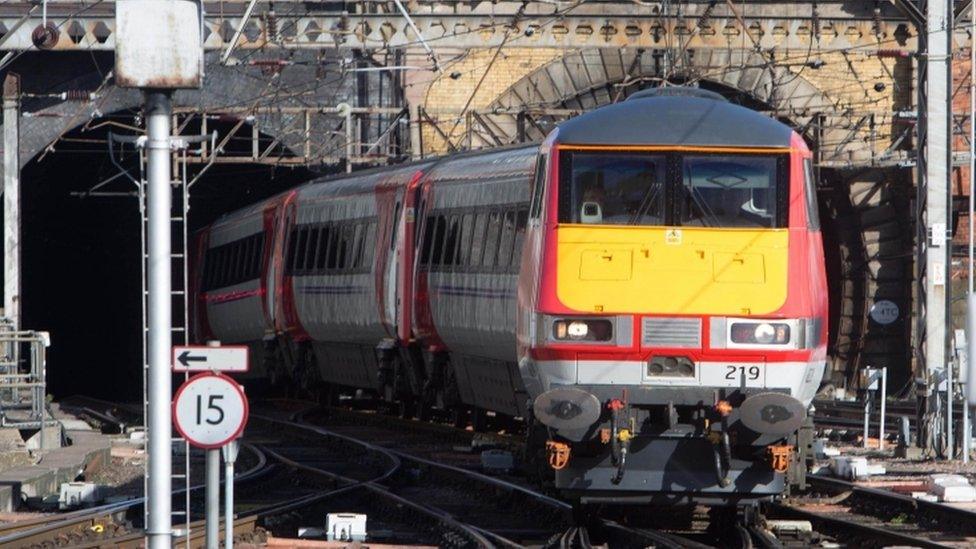
- Published28 September 2016
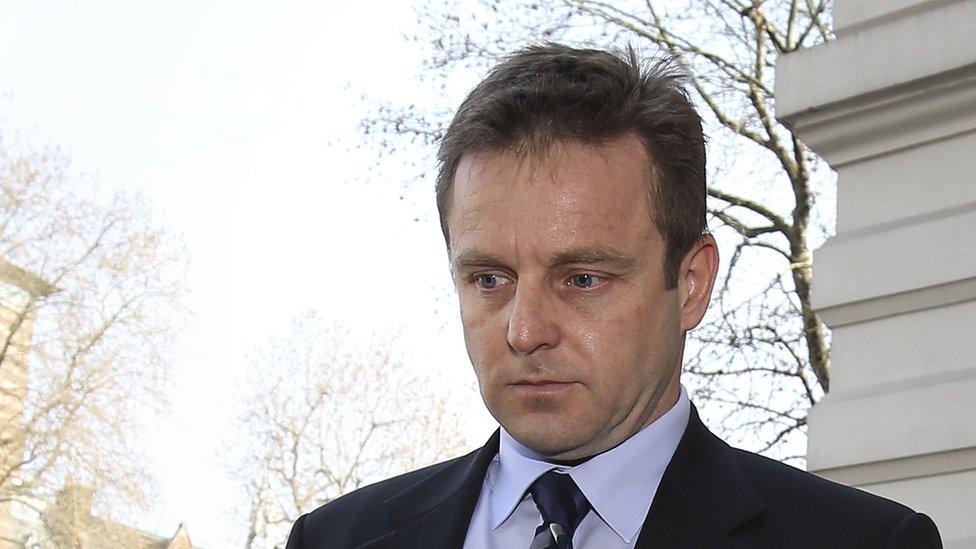
- Published10 December 2015
